The European Council published, on the 22nd February 2017, the final text of the Regulation on medical devices. This text changes and replaces the proposal for a regulation published on the 9th august 2016, which had obtained a political agreement on the 20th September 2016.
In effect, following this political agreement, it became apparent that the transitional provisions could be a source of uncertainty due to different interpretations and hence lead to unforeseen consequences for patients and the regulatory authorities. At the initiative of several Member states and in line with suggestions from some Members of European Parliament, clarifications have been made and implemented in the final text.
Nexialist has analysed and summarised the information which you can find in the table below:
| Regulation on medical devices | Summary of transitional provisions that have been added | |
| Old version (09/08/16) | New version (22/02/17) |
|
| Recital 70 | Recital 98, second and first sentences | For devices placed on the market under Directives 93/42/EEC and 90/385/EEC, the following obligations of those Directives should continue to apply:
|
| Nonexistant | Recital 99 | It should be possible, for a limited period of time from the date of application, for devices to be placed on the market or put into service by virtue of a valid certificate issued pursuant to Directive90/385/EEC or pursuant to Directive 93/42/EEC. |
| Article 94 | Article 120, third paragraph | A device with a certificate that was issued in accordance with Directive 90/385/EEC or Directive 93/42/EEC and which is valid, may only be placed on the market or put into service provided that from the date of application of this Regulation it continues to comply with either of those Directives, and provided there are no significant changes in the design and intended purpose.
However, the requirements of this Regulation relating to post-market surveillance, market surveillance, vigilance, registration of economic operators and of devices shall apply in place of the corresponding requirements in those Directives. The notified body that issued the certificate referred to in the first subparagraph shall continue to be responsible for the appropriate surveillance in respect of all of the applicable requirements relating to the devices it has certified. |
| Article 96 | Article 122, first and second paragraphs | For a device with a certificate that was issued in accordance with Directive 90/385/EEC or Directive 93/42/EEC and which is valid, the articles of those Directives subjected to deferred abrogations shall continue to apply until five years after the date of application of this Regulation, to the extent necessary for their application. |
| Article 97 | Article 123, point d of paragraph 3 | Until Eudamed is fully functional, the corresponding provisions of Directives 90/385/EEC and 93/42/EEC shall continue to apply regarding exchange of information. |
| Article 97 | Article 123, point i of paragraph 3 | Until the Commission has designated issuing entities, GS1, HIBCC and ICCBBA shall be considered to be designated issuing entities. This provision shall apply from 2 years after the date of entry into force of this Regulation. |
Apart from these clarifications, linguistic corrections and number modifications have been made.
This final text shall be submitted by the European council on the 7th of March and to the European parliament on the 20th March 2017. If these calendar dates are respected, the Regulation on medical devices shall be published in the Official European Union Journal in May 2017.
Note : The final Regulation on in vitro medical devices text was also published on the 22nd of February 2017. A detailed analysis of the implemented modifications shall be the subject of a future news flash.
For further information, feel free to contact nexialist.
